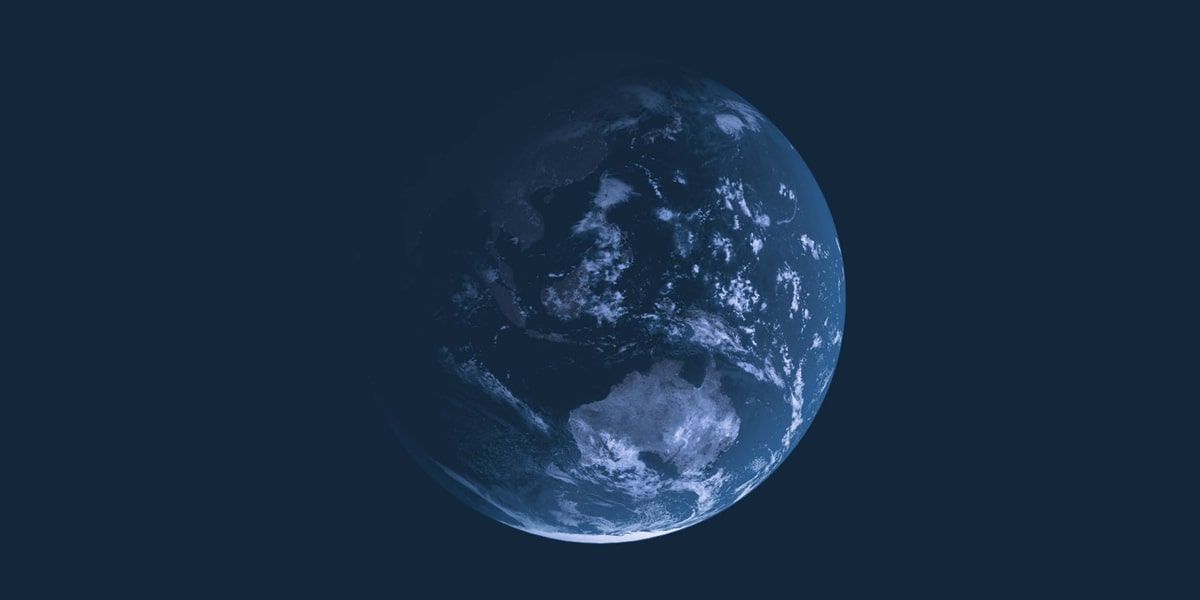Lowy Institute Poll: no return to factory settings in a world transformed
Originally posted in The Australian

For Australians looking out to the world, the turmoil of the past three years has been relentless.
The Covid-19 pandemic, a fractious Australia-China relationship, and Russia’s brutal invasion of Ukraine all shook Australians’ sense of optimism, safety and confidence.
But in the past twelve months, the World Health Organisation has declared the Covid-19 emergency to be over. Australia’s relations with China appear to be stabilising. And Ukraine, having stood firm in the face of Vladimir Putin’s aggression, has now launched its counteroffensive.
The 2023 Lowy Institute Poll, released Wednesday, shows that Australians have finally caught their breath.
Feelings of safety have rebounded from last year’s Poll, with more than six in ten Australians now saying they feel safe.
Australians also remain cautiously optimistic about the nation’s economic outlook, with 62 per cent expressing confidence despite global economic headwinds, stubborn inflation, and rising cost of living pressures.
Perhaps most encouragingly, trust in democracy is at an highest, with many more young Australians now invested in the idea of democracy compared to five years ago, narrowing a long-running age gap on this issue.
But for Australians, there has been no return to factory settings. The shocks of recent years broke many of their underlying assumptions about the world.
The Australia-China relationship is beginning to thaw out after years in the deep freeze, and the precipitous decline in Australian attitudes towards China in recent years appears to have been arrested. Fewer Australians now view China as “more of a security threat” (52 per cent), while the number who see it as “more of an economic partner” (44 per cent) has risen since last year.
When looking to the future, however, threat perceptions remain ingrained: three-quarters of Australians continue to see it as likely that China will pose a military threat to Australia within 20 years.
Trust, warmth and confidence towards our largest trading partner and its leader, Xi Jinping, remain abysmally low. Five years ago, more than half of Australians trusted China to act responsibly in the world. Today, that figure is only 15 per cent. In 2016, Australians were most likely to pick China as “Australia’s best friend in Asia” – today, it is near the bottom of the list.
By contrast, Australians see President Joe Biden as having restored some measure of respect for the United States after the chaos of the Trump years, and support for the US alliance is close to record highs.
Notwithstanding Donald Trump’s campaign to return to the White House in 2024, the perceived threat of US political instability remains low, and Australians express confidence in the staying power of their ally as a global leader. A majority think that the United States, the established superpower, will either retain its importance in the world (45 per cent) or increase it (22 per cent).
When considering China’s trajectory, a clear majority of Australians see China’s power as ascendant, with six in ten expecting it to play a more important and powerful role as world leader in the next ten years. Only 28 per cent think China’s role will stay about the same as now.
Intensifying competition between the two superpowers is fuelling anxieties about the prospect of war. In the event of a conflict between the United States and China, more than half the population say Australia should remain neutral.
However, if Taiwan were attacked by mainland China, Australians are much more forward-leaning in their views. A clear majority say they would support, in concert with the United States, accepting Taiwanese refugees into Australia (80 per cent), imposing sanctions on Beijing (76 per cent), providing arms and military supplies to Taipei (64 per cent), and even joining an effort to prevent a naval blockade of Taiwan (61 per cent). The only option not supported by a majority would be putting boots on the ground to help defend Taiwan (42 per cent).
As tensions in Asia escalate, Australians broadly approve of the government’s plan to bolster the nation’s deterrence capabilities. Two-thirds favour the plan to acquire nuclear-powered submarines under the AUKUS partnership, although they are uncomfortable about the cost and hold mixed views on how the submarines will affect regional stability.
Australians continue to feel solidarity with Ukraine. An overwhelming number of Australians support maintaining sanctions on Russia (87 per cent) and providing military aid to Kyiv (84 per cent), while three-quarters favour admitting Ukrainian refugees.
One year into his term, Australians express very high levels of confidence in Prime Minister Anthony Albanese’s handling of foreign policy. But charting Australia’s course will only get harder for Mr Albanese and his colleagues in the future.
